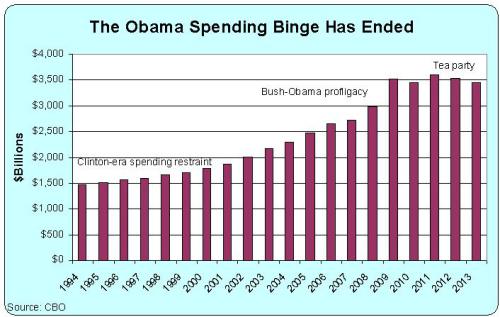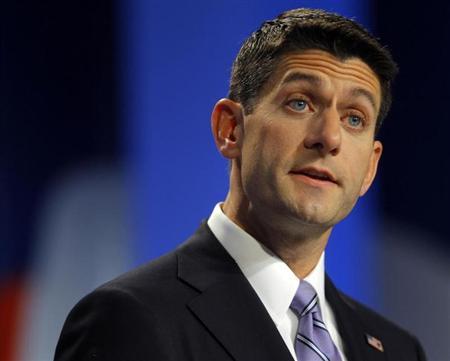
The headlines this week are going to focus on “compromise”. What each party thinks that means, for themselves and for the other guys, is going to be interesting. And will be at the heart of the conflict.
In the over-arching context, compromise refers to the effort to reduce the deficit so that we can begin to work on reducing the debt. And the whole concept of compromise is the smaller individual effort to accomplish this goal by either increasing revenue or reducing spending. Or, a third method, which is that the whole framing of the “problem” isn’t correct. That is, while we do have a debt and a deficit, any conversation should be couched in our ability to carry, or repay, each. However, I would suggest that such a take on the subject is awfully “inside baseball” and is even further removed from common understanding than such basic concepts as debt, deficit, baseline budgeting and “cuts”.
With the failure of Washington to stop the Sequestration, the conversation switches to:
- What can we do to prevent further cuts?
- How are we going to deal with the expiration of the continuing resolution on March 27?
And right now, the conflict between the democrats and the republicans is the whole idea of compromise. One one side you will hear that any spending decrease will have to be matched by a conversation that discusses an increase of revenues through the tax code. And on the other? You’re gonna hear that revenues have already been addressed during the legislation that handled the expiration of the Bush Tax Cuts.
So, if I was the President of the United States or, if I was just a manager tasked with handling this budgetary effort, how would I guide the parties forward?
First, I would establish that for this effort, I was the President of the United States, not the President of the Democrat Party. In other words, Obama has got to stop the party politics and blaming of the republicans.
I acknowledge that this is near impossible and why I would suck at politics. Obama was elected because he is a democrat and he continues to receive the support he has because he’s expected to be a democrat president helping those same democrats take the House in 2014. Which, by the way, puts him in a position that is firmly in his wheelhouse: Campaigning.
I would approach the republicans and work on an idea that took two forms:
- We will reduce spending across the board; including and specifically the “entitlement” programs.
- We will increase revenues through tax reform – including a mix of ideas contained within Romney’s plan AND by ending tax subsidies to energy firms.
After speaking with the republicans I would approach the democrats and work on that same idea giving them:
- Tax benefits to oil and gas companies.
- Smart reforms to entitlements that ensure they continue to remain strong and viable.
In order to accomplish this plan, the main components of my plan would include:
- Let both sides claim victory. Only in Washington can you INCREASE spending on programs and claim to cut them at the same time. In other words, allow the entitlement programs to grow, but grow more slowly.
- Acknowledge that ALL forms of government must subscribe to the cuts, including defense and border protection.
- Remove “loopholes” for energy companies; oil, gas and coal BUT include alternative “green energy” firms in the legislation. Again, this should be a win for both sides.
- Reduce the corporate tax in exchange for the removal of the energy legislation.
- Increase tax revenues by limiting deductions in exchange for a reduction in tax rates.
Items 1-4 above should be straight forward and relatively easy; the 5th is a tougher sell. The republicans are against any revenue increase and the democrats can’t let go of the class warfare and are intransigent on the issue of tax rates; specifically on the wealthy.








